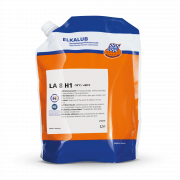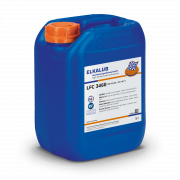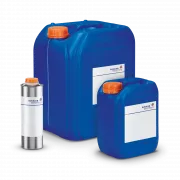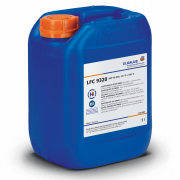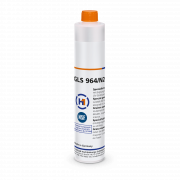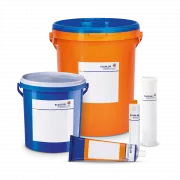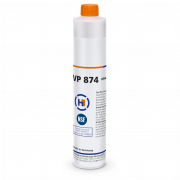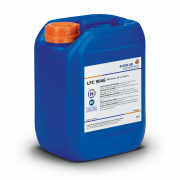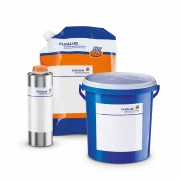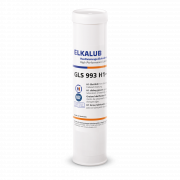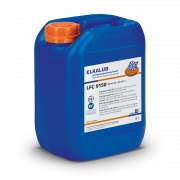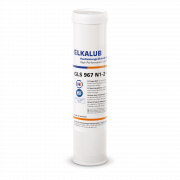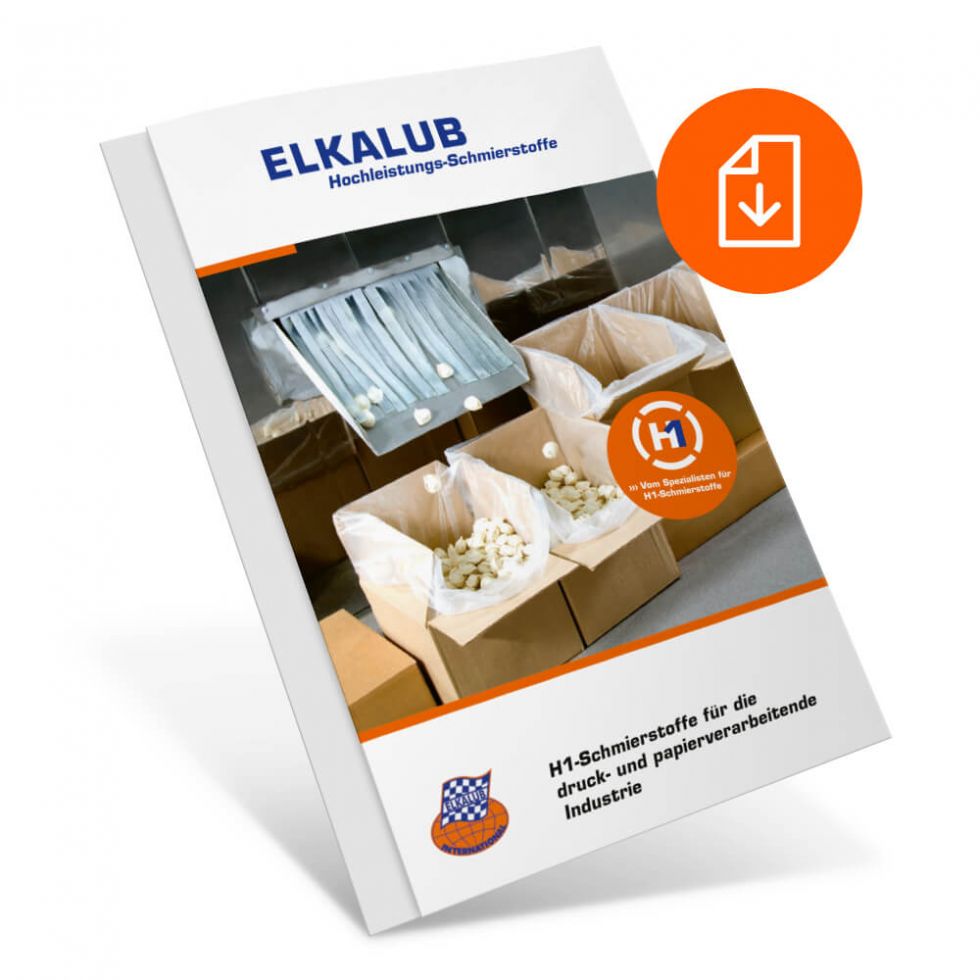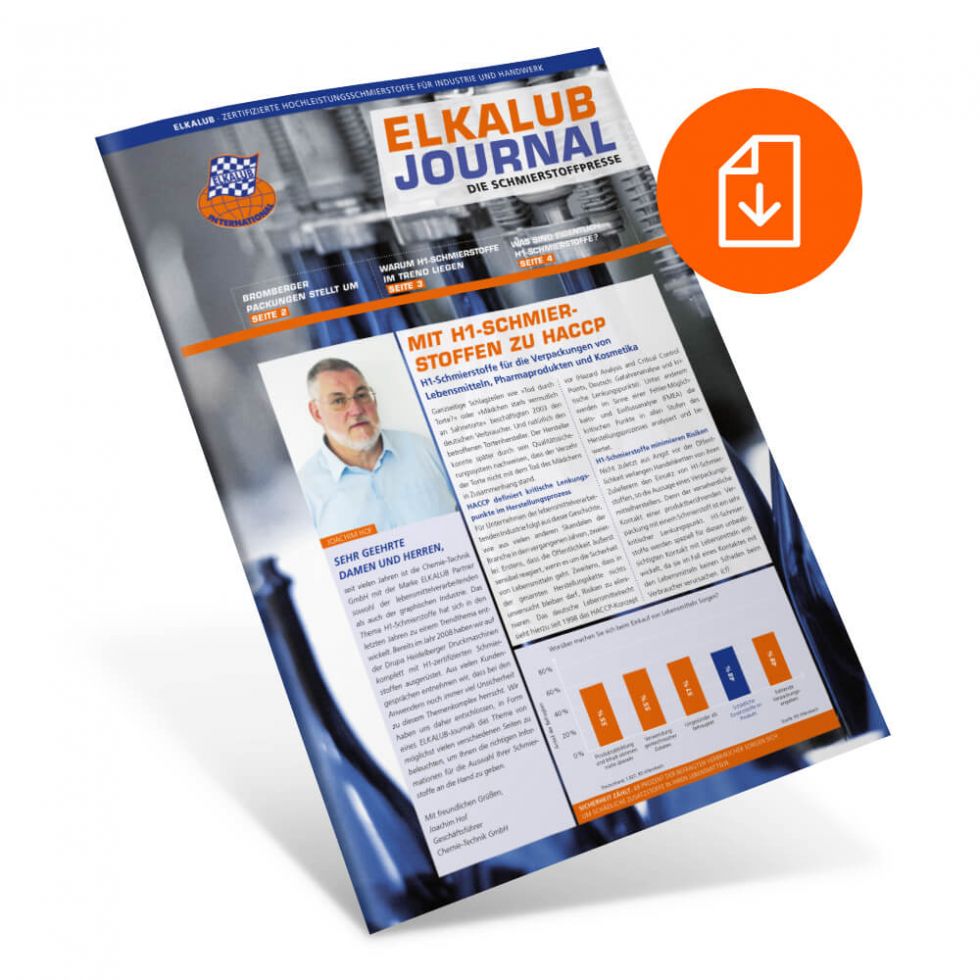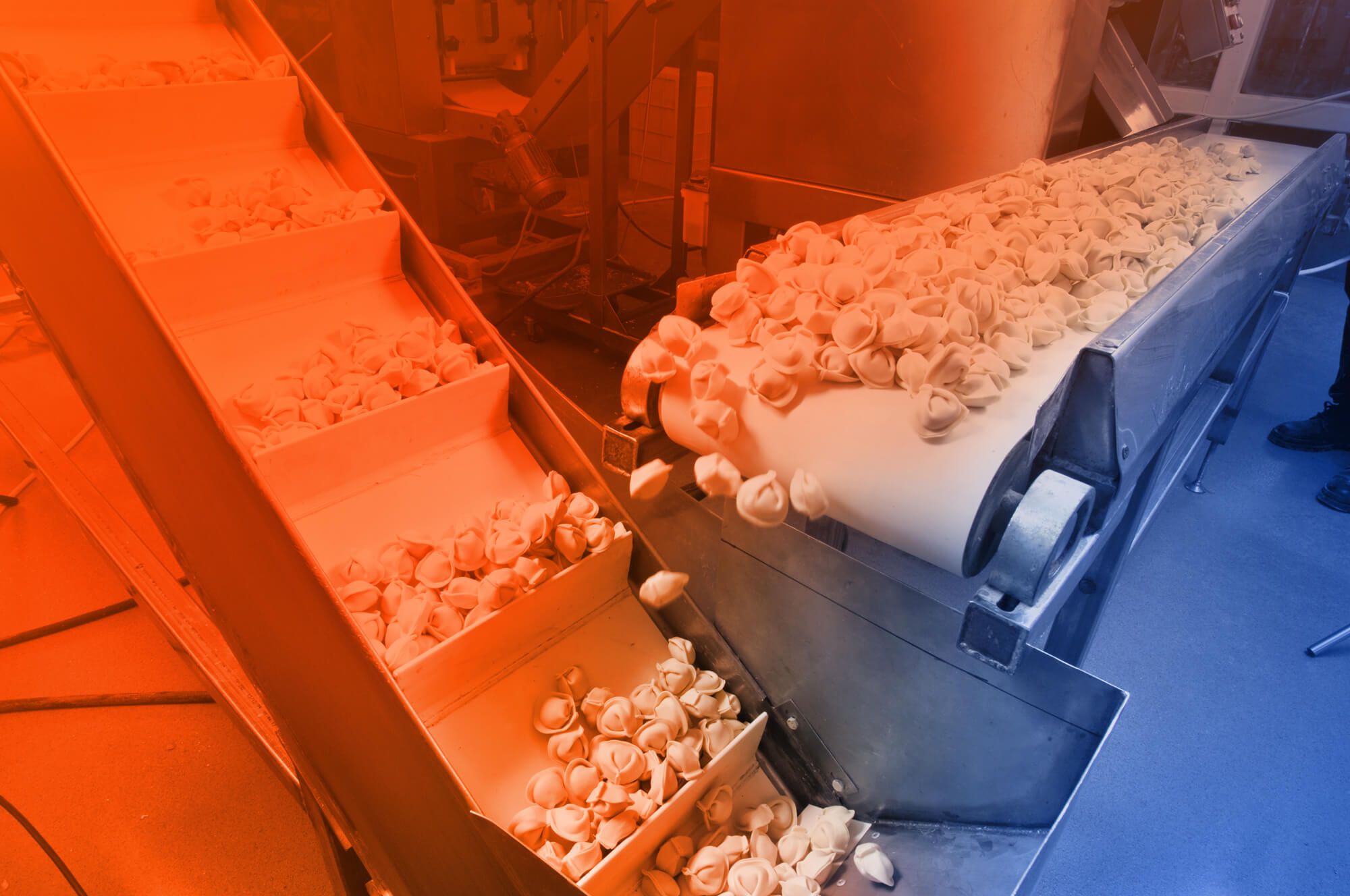
Why H1?
for safety in the production of food, pharmaceutical products and cosmetics
Very special requirements apply to lubricants used in the food industry. No compromises may be made with regard to the safety of the lubricants. H1 lubricants are lubricating oils and greases whose occasional, unintentional contact with food does not pose a risk to humans.
However, H1 lubricants are not only to be used where food, beverages or products of the pharmaceutical and cosmetics industries are processed and manufactured, but also in the production of their packaging. An example: In the gripper shaft of a printing machine, the seal of a bearing is defective. During the printing process, the material to be printed is contaminated by dripping lubricant. If this material is used for the production of packaging in the food processing, pharmaceutical or cosmetics industry, the use of H1 lubricants is absolutely necessary in this application case, as a hazard to the consumer can be ruled out with certainty.

Eliminate risks with HACCP
Companies in the food processing industry know that the public is extremely sensitive when it comes to food safety. Therefore, no stone must be left unturned in the entire production chain to eliminate risks. The German food law provides the HACCP concept (Hazard Analysis and Critical Control Points) for this purpose. Among other things, the critical points in all stages of the production process are analysed and evaluated in the sense of a Failure Mode and Effects Analysis (FMEA). The HACCP concept mandates the use of H1 lubricants.
Safety counts. 48% of consumers surveyed are concerned about harmful additives in their food.
Source: lfD Allensbach
What are H1 lubricants?
H1 lubricants are products tested by NSF with regard to formulation, labelling and confirmation of instructions for use, which permit incidental unavoidable contact with food, beverages or pharmaceutical products. Products that have a confirmed H1 registration carry the NSF mark, a field with the category code H1 and registration number on the product label.
For further information on the ingredients and properties of H1 lubricants, please read our interview with Dr. Frank Schulz, Head of Development at ELKALUB. To the interview.
H1-registered products carry the NSF mark.
In order for lubricants to receive H1 approval, their name, label, composition and the safety data sheet of the product and all substances contained in it must be submitted to a certification body. There is no product testing. The best-known certification body is the NSF (National Sanitation Foundation) in the USA, which certifies products from all over the world and from various sectors. Products that have a confirmed H1 registration are labelled with the NSF mark.
For the production of H1 lubricants, only raw materials listed in the NSF "White Book ®" or complying with certain paragraphs in the so-called Code of Federal Regulation (CFR) may be used. Further information on the raw materials used can be found here.
In addition to the official NSF certificate, all H1 lubricants from ELKALUB receive an additional signet.

ELKALUB: Your experienced partner
For many years, the ELKALUB brand has been a partner of the food processing as well as the graphic industry. The experience with H1 lubricants is correspondingly great. In 2008, at the Drupa trade fair, we equipped Heidelberger printing machines completely with H1-certified lubricants. The first twelve H1-certified lubricants from ELKALUB were already available in 1992. Today, more than 100 ELKALUB lubricants have the H1 certificate of the NSF.
Our answers to frequently asked questions
Your question is not included?
Then write to us! One of our ELKALUB lubricant experts will be happy to help you.
No, HACCP is a methodology for risk identification and elimination used in the food processing industry, among others. H1-registered lubricants are used to eliminate risks from contamination in companies that manufacture according to the HACCP concept.
The composition of an H1 lubricant differs considerably from a comparable conventional lubricant. H1 lubricants may only be formulated from raw materials that have been approved by the NSF. In addition, their maximum quantity is usually also restricted.
H1 lubricants are not only used where food, beverages or products of the pharmaceutical and cosmetics industries are processed and manufactured, but also in the production of their packaging and descriptions. While packaging may have a direct effect on the products, descriptions can transfer substances through their handling. A machine should already be provided with H1 lubricants upon delivery. Changing over to an H1 product is possible after thorough cleaning. The changeover to a new H1 grease can be realised relatively quickly in the case of plain bearings; in the case of roller bearings, however, disassembly is usually necessary.
Packaging of H1 lubricants certified by NSF carry both the logo of the certifying organisation and a corresponding number. ELKALUB also marks H1 lubricants with an additional H1 signet.
In principle, complete conversion is recommended, but it is not a must. A production plant can be divided into "H1 lines" (for production according to the HACCP concept) and "non-H1 lines". But the risk of confusing lubricants during maintenance and preventive maintenance poses a high risk. In any case, the following applies: All lubricants of a line that could come into contact with the product must be H1-approved. (certification does not take place)
No. It is true that H1 lubricants may not be based on mineral oil, but only on medical white oils, synthetic oils, etc., but beyond that there are further restrictions on the permissible ingredients.
The ban on mineral base oils alone makes it necessary to use high-quality synthetic oils or white oils. In addition, there are restrictions on additives, which make the formulation more demanding and often require the use of high-quality base materials.
The selection of lubricants for high-performance machines such as printing or folding machines should be made together with the lubricant manufacturers. Advice from the lubricant manufacturer should be sought to find a suitable H1-compliant equivalent.

